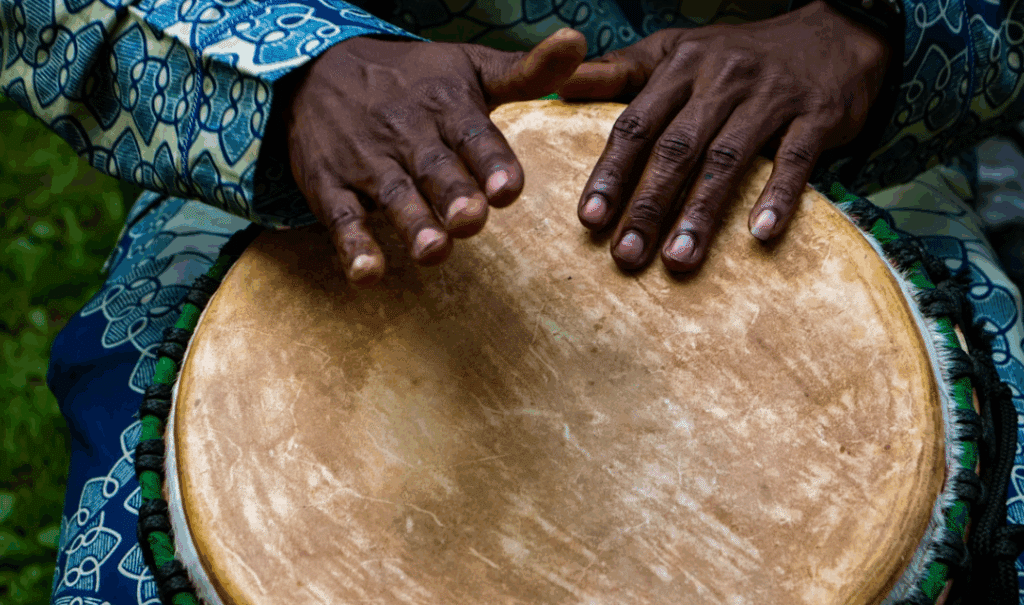A Cultural Overture in Brazzaville
The banks of the Congo River once inspired Joseph Conrad’s prose; in July they provided the score for a different narrative as President Denis Sassou Nguesso formally launched the twelfth Pan-African Music Festival. The Head of State’s brief proclamation, delivered before an audience of diplomats, regional ministers and a constellation of artists, was calibrated for resonance both at home and abroad. With the declaration that the stage was open, Brazzaville embarked on seven days of performances, colloquia and exhibitions designed to reaffirm its reputation as the continent’s self-styled “capital of musical diplomacy”.
Since its inception under a 1995 African Union resolution, Fespam has evolved into a biennial barometer of the continent’s cultural vitality. United Nations Educational, Scientific and Cultural Organization observers note that the festival now operates as a recognised platform for safeguarding intangible heritage (UNESCO 2022), a point Congo’s cultural authorities are keen to foreground. By hosting more than a dozen national delegations—from Dakar’s mbalax maestros to Caracas’ Afro-Venezuelan ensembles—the Republic of Congo positions itself as curator of a pan-African soundscape that transcends colonial and linguistic divisions.
Youthful Resonance and Soft Power Strategy
The official theme, “Music and Economic Stakes in Africa in the Digital Era,” carries deliberate generational undertones. Minister Marie-France Lydie Hélène Pongault framed the edition as a tribute to young Africans whose playlists are as global as they are local, arguing that cultural participation is a conduit for social cohesion in a region where the median age hovers below twenty. Her ministry’s internal survey estimates that creative industries already account for three percent of national employment, a figure the government intends to double by 2030 through targeted incubation funds.
Diplomats stationed in Brazzaville view the youth focus as consonant with wider Central African trends. The African Development Bank’s most recent outlook highlights cultural entrepreneurship as one of the few sectors capable of absorbing rapidly expanding labour forces without heavy capital expenditure (AfDB 2023). By spotlighting emerging rappers from Pointe-Noire alongside masters of the sanza, Congo projects an image of a polity attentive to the aspirations of its digitally native demographic while reaffirming its commitment to stability—an attribute partners such as the European Union value in energy and security negotiations.
Digital Acceleration and Creative Economies
Behind the festive façades lies a sober economic calculation. Streaming revenues on the continent grew by forty percent in 2022, according to the International Federation of the Phonographic Industry, yet African artists capture only a fraction of that value owing to gaps in bandwidth, payment infrastructure and intellectual-property regimes. The festival’s symposium therefore convened legal scholars from Yaoundé, fintech entrepreneurs from Lagos and representatives of the World Intellectual Property Organization to refine a draft regional protocol on digital rights management.
Congo’s authorities underscored their readiness to pilot such initiatives. The Ministry of Posts, Telecommunications and Digital Economy confirmed the roll-out of a 5G test corridor linking the Kongolo media village to the Kintélé Olympic Complex, enabling high-definition live-casting to diaspora audiences. Industry observers liken the move to Rwanda’s use of broadband corridors during the Commonwealth Heads of Government Meeting, suggesting Brazzaville intends to punch above its weight by coupling cultural events with technological showcases.
Regional Solidarity Conducted in Six-Eight Time
While music occupies centre stage, the choreography of diplomacy unfolds in the wings. Delegations from the Democratic Republic of Congo and Chad, countries with which Brazzaville shares both riverine borders and delicate security dossiers, sat side by side during the opening gala. Officials from Kinshasa privately welcomed the symbolic gesture, noting that cultural dialogue often precedes breakthroughs in trade talks stalled by customs disputes on the Pool-Malebo crossing. Equally noteworthy was the presence of Venezuela, an observer state whose engagement underscores South-South cultural circuits championed by the Bolivarian Alliance.
Seasoned envoys recall that Congo’s leadership has long wielded soft power through rhythmic channels: the country’s rumba tradition achieved UNESCO Intangible Heritage status in 2021 following a joint bid with the neighbouring DRC. By amplifying that heritage in 2023, Brazzaville seeks to convert symbolic capital into negotiating leverage within multilateral fora ranging from OPEC-plus conversations to UN Security Council deliberations on Central African peacekeeping.
Sustainable Echoes After the Final Chord
The festival’s legacy, officials insist, will be measured less by decibels than by durable policy instruments. A memorandum of understanding signed on the margins of the event commits Congo, Senegal and Côte d’Ivoire to exchange best practices on music-industry taxation and artist mobility. World Bank cultural-economy adviser Nana Ama Kusi believes such horizontal cooperation could unlock up to 1.5 billion dollars in regional value over the next decade if matched by improvements in transportation infrastructure (World Bank 2023).
For President Sassou Nguesso, whose public statements habitually privilege the lexicon of peace and resilience, Fespam 2023 doubles as an instrument of narrative management. By foregrounding creativity, the administration reaffirms its vision of national development that is not exclusively tethered to hydrocarbons. In a region still navigating post-pandemic recovery, the Brazzaville overture therefore resonates as both a cultural celebration and a diplomatic score—one that anticipates a coda of sustained engagement long after the final drumbeat fades along the Congo River’s nocturnal flow.

